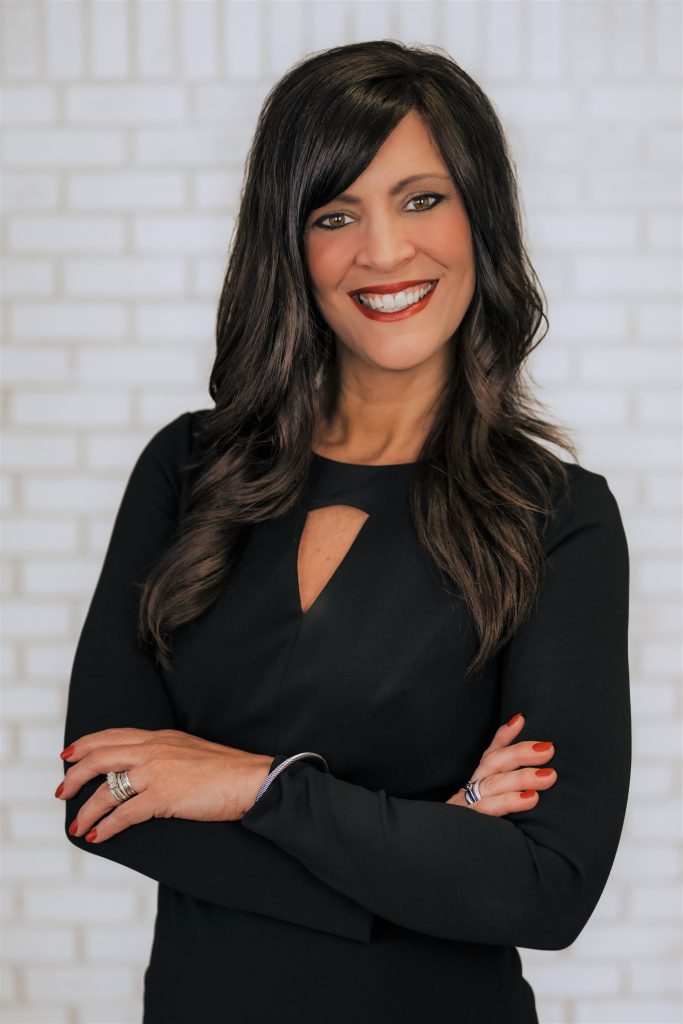
By Jennifer Wofford
Jennifer Wofford is a 2022 graduate of the Master of Arts in Organizational Leadership with certification in executive and workplace coaching. She works for ArcBest, located in Fort Smith, Arkansas, and serves as an Employee Experience Trainer where she passionately coaches and trains the emerging leaders of the company.
There are still many organizations pondering the value behind implementing an internal coaching culture within the workplace. Often, internal coaching is not seen as a priority worth tackling, and many leaders fear there won’t be enough return on investment for the hassle. Resistance of the unknown can derail even the best leaders from providing their followers with the tools they need to be truly successful, but creating an internal coaching culture simply allows organizations to drive strategy while encouraging growth to help all contributors achieve their goals. In fact, the idea that coaching, if done properly, is a positive exercise of forward thinking that opens new pathways for individuals to achieve their desired goals so compelled me that I decided to pursue my graduate degree through the Master of Arts in organizational leadership program at Harding University and work toward starting my own coaching career.
Company loyalty, creativity, innovative thinking, collaboration and employee engagement are all vastly important metrics for organizations, and internal coaching is key to achieving such metrics. The International Coaching Federation defines coaching as “partnering with clients in a thought-provoking and creative process that inspires them to maximize their personal and professional potential.” When was the last time someone inspired you to greatness? Think about a time you had a leader who knew how to tap into all of your greatest potential and inspired you to achieve great things. Now, multiply that by every leader in your organization and think of the incredible goals that could be achieved by everyone as a result.
Research and company surveys indicate that employees everywhere are volunteering for more professional development. They want to improve their communication skills, refine their conflict management abilities and increase workplace productivity. When leaders are trained to coach their team members to chase after their goals and also allow them to explore new ways of thinking and working, they stand to unlock unlimited potential. Once they begin developing resonant relationships established in trust, they also will likely begin to see their people coaching one another. In other words, managers as coaches should create a culture of peer coaching in which team members are helping each other embrace change and achieve results. Imagine a work team that creates such a supportive connection among one another that they hold each other accountable, push each other towards excellence and stifle the negativity that tends to breed among co-workers when leaders fail to capture the positive ambience created by internal coaching.
Author Tony Stoltzfus stated “coaches are many things, but the essence of coaching is believing in people. Nothing is more empowering, nothing causes us to reach higher and accomplish greater things than having people in our lives that love us for who we are and believe unconditionally in what we can become.” Leaders who create a coaching culture focused on the person and not the problem — coupled with a safe physical and psychological environment that allows individuals to take the risks they need to be successful — foster a sense of collaboration, develop a deep level of trust and allow their followers to think for themselves. So, in a world of work that is ever changing and filled with crowded markets competing for the same pieces of pie, organizations can’t afford to keep delaying the implementation of an internal coaching culture.
If you’re a leader who is ready to develop your team members by partnering with them so they can achieve excellence, then the MAOL coaching program may be the path for you. Start by asking yourself, “What do I stand to gain by learning to lead as a coach who simply believes in people?”